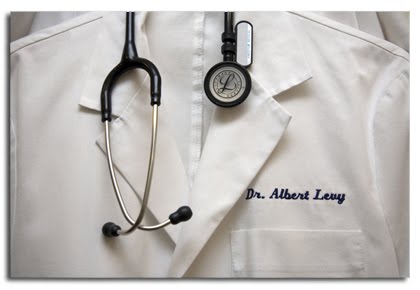
According to a new survey from the Centers for Disease Control and Prevention, one in 10 Americans over age 12 are now taking antidepressants which is a fourfold increase in the prevalence of antidepressant use since the late 1980s.
When a female patient, a mother of two, came to my office for her regular check up this past summer, she didn't seem her usual self. At 48 years old, she looked tired and complained of difficulty sleeping. When I questioned her further I learned that she was not enjoying all the things she used to in the past. She couldn't understand why she was feeling overwhelmed, irritable and anxious. She was not surprised when I told her it was depression but she was reluctant to take medication. I explained that it could help her cope more easily and she agreed to try it out and come back for follow-up. Now she comes to see me once every few weeks to check in and manage her symptoms and discuss any issues she may have. She says the medication has helped her tremendously and she has started to notice the difference.
Most patients don't come in saying, 'I'm depressed". They come in with all kinds of different symptoms like headaches, anxiety, trouble sleeping, for instance, but after a deeper consultation they will reveal their depression.
Most family doctors are best placed to take on the role of therapist with their patients if they take the time to ask the right questions and notice the signs. Some patients are resistant to seeing mental health professionals as they are either in denial or simply can't afford the time or the money.
Many psychiatrists agree that screening for and treating depression in the doctor's office is a necessary expansion of a family doctors' duties. Dr. Gary Small, a psychiatrist and director of the UCLA Center on Aging says "Part of what we do as psychiatrists is teach doctors how to diagnose and treat depression so that a lot of depression can be handled in primary care."
The report, published Wednesday, draws on a survey of over 12,000 Americans over the age of 12. It showed that women were the largest consumers of antidepressants: 23 percent of all women ages 40 to 59 reported taking antidepressants. This does not necessarily mean that women are more depressed than men but that they are more open to seeking help and therapy from their doctors.
Of course, no patient should be treated with medication alone for depression. Follow-up is key so we can talk about adjusting the dosage or stopping the medication as needed. If I see a deeper need for psychotherapy I have an excellent network of professionals I refer to and work together with.
Although the survey captures how many patients are on antidepressants, it does not necessarily represent the true number of patients being treated for depression. Some antidepressants are prescribed for anxiety, neurological pain, fibromyalgia, sleep problems, and menopausal hot flashes.
There is certainly less stigma today attached to seeking help for depression. Talking to your family doctor about your symptoms, your stresses and anxieties will help them decide if an antidepressant will help you cope more effectively and to prescribe the right treatment for you.


No comments:
Post a Comment